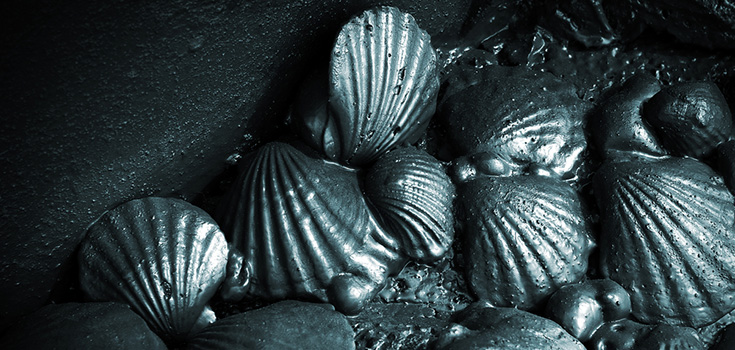BP Gulf Oil Spill Revisited by Activist Groups

Sunday, April 22nd was not only Earth Day, it also marks the 2nd anniversary of the unprecedented Macondo Prospect oil gusher into the Gulf of Mexico (GOM) which began the BP Gulf Oil Spill – a triggered geological anomaly separate from the Deepwater Horizon disaster on 20 April 2010.
The Gulf Rescue Alliance (GRA) has published “Deepwater Unknown – Two Years After” in observance of this day unearthing new details about this oil spill event. This extraordinarily revealing account is set against “a backdrop of recently published scientific studies indicating sick and dying dolphins, coral and other sea life, and bacteria-laden tar balls washing onto beaches.”
Advocacy groups of concerned citizens have demanded that the government operate with more transparency in the GOM. For instance, it was reported by GRA in “Digging Under the Macondo Tombstones” that “a petition to demand an independent ROV survey of the seabed floor” has been circulated to compel the US Federal Government to fulfill its statutory responsibilities to the residents of the GOM coastline.
Barbara Wiseman, President of The Earth Organization recounted that “At the beginning of the disaster, TEO investigated to find effective, non-toxic technologies currently available in adequate supply to clean up an oil spill of this size. The barriers have all come down to specific people in the EPA. They are, in effect, holding the Gulf hostage and, for some unexplained reason, won’t let it be cleaned up.”
“The toxic dispersants add absolutely nothing to effective response. There is no scientific basis for it, and their use violates The Clean Water Act, EPA’s charter and common sense. All stakeholders continue doing the same thing over and over again, with the exact same negative outcome—although the EPA calls the toxins in dispersants ‘reasonable tradeoffs’. Corexit and dispersants like it, have a horrible track record,” said Steven Pedigo, CEO OSEI Corporation.
The Gulf Rescue Alliance has likewise posted important questions and presented previously unknown facts about the true state of the Macondo well, which have yet to make it into the mainstream media after almost two years.
Their report to Congress on February 24, 2012 is both revelatory and alarming. Conclusive Evidence That BP Misrepresented Gulf Oil Spill Sent To Congress and now Deepwater Unknowns ought to be studied by officials throughout the concerned state governments, as well as by all the coastal counties and beachfront communities rimming the GOM coastline.
